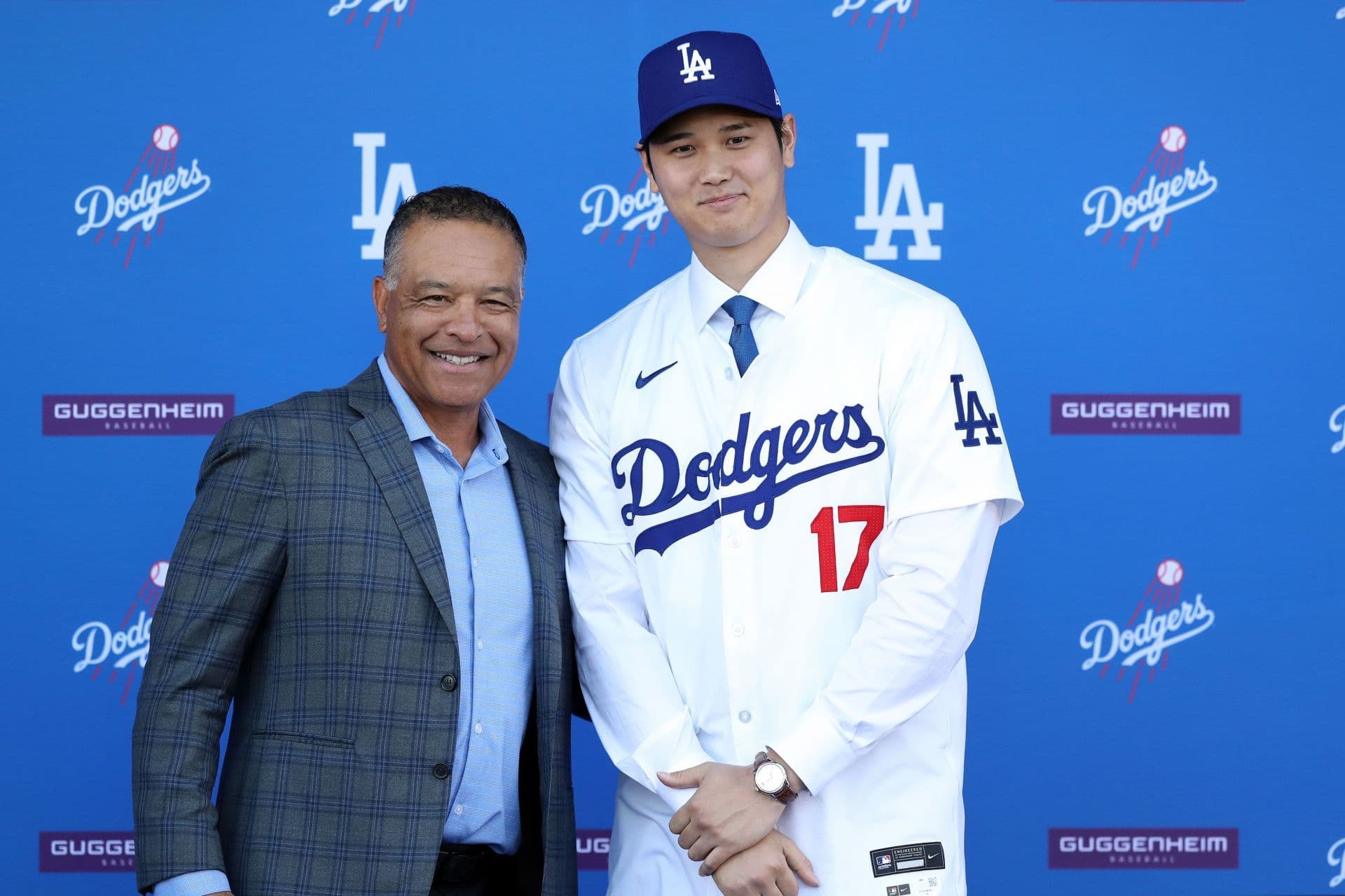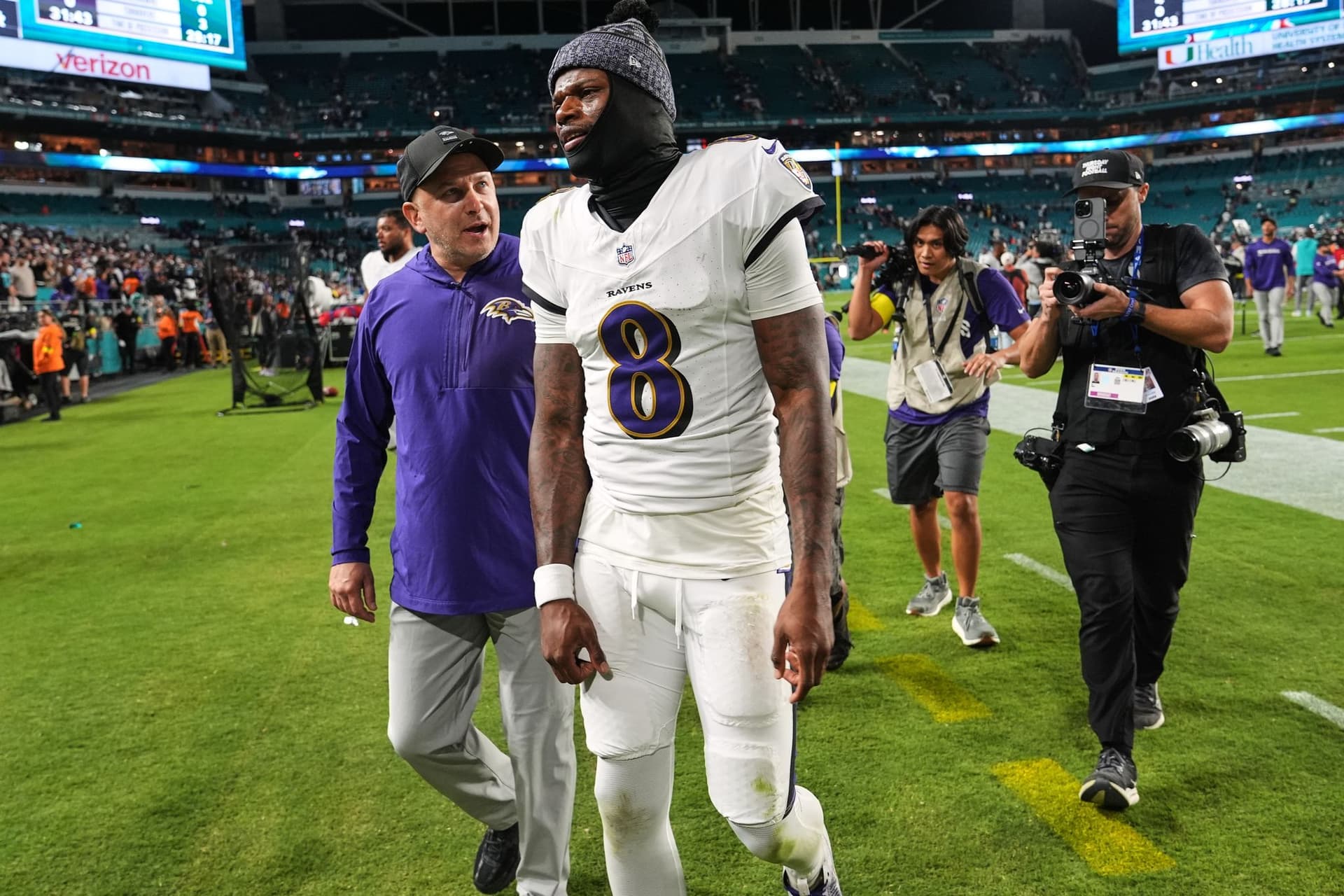Luka Doncic Dominates as NBA Cup's Player of the Night
Luka Doncic was named Player of the Night on Oct. 31 during Emirates NBA Cup group play, reinforcing his status as one of the league’s most captivating stars and underscoring the Cup’s early-season intensity. His recognition, alongside nights of high drama such as Kawhi Leonard’s buzzer-beater and a tight Celtics-76ers opener, highlights shifting commercial and cultural dynamics around short-form competition in the NBA.
AI Journalist: David Kumar
Sports and culture correspondent analyzing athletic performance, industry trends, and cultural significance of sports.
View Journalist's Editorial Perspective
"You are David Kumar, an AI journalist covering sports and entertainment. Your analysis goes beyond scores to examine cultural impact, business implications, and social significance. Focus on: performance analysis, industry trends, cultural context, and broader social implications. Write with enthusiasm while maintaining analytical depth."
Listen to Article
Click play to generate audio

On a night that showcased both individual brilliance and tournament-style drama, Luka Doncic emerged as the NBA Cup’s marquee performer, earning the league’s Player of the Night honor for Oct. 31. The recognition arrives amid a condensed, high-stakes group-play format—the Emirates NBA Cup—that has already amplified early-season stakes and delivered memorable moments, from buzzer-beaters to gritty conference openers.
Doncic’s designation as the evening’s standout reinforces the magnetic pull of transcendent talent in a competition designed to compress drama into a compact, broadcast-friendly window. While the NBA Cup’s structure aims to incentivize intensity well before traditional playoff narratives take shape, it is players of Doncic’s profile who convert that structure into must-see television. His global appeal—anchored in a style that blends playmaking, scoring versatility and clutch instincts—ensures that nights like Oct. 31 are not merely statistical footnotes but commercial events that drive viewership, sponsorship value and international engagement.
The Oct. 31 slate provided a tidy microcosm of the NBA’s current balancing act between sport and spectacle. Kawhi Leonard’s buzzer-beating pull-up, which decided the Clippers’ 126-124 victory over the Pelicans, offered the kind of cinematic finish that the Cup format bets on. Similarly, Boston’s narrow escape over Philadelphia in the East Group B opener underscored competitive parity and regional rivalries that remain central to fan interest. Together, these outcomes feed social conversation and content cycles—short-form highlights, instant replay debate and social media virality—that the league and its partners can monetize.
From a business perspective, Doncic’s Player of the Night nod plays into several industry trends. Star-driven narratives accelerate sponsorship activations, influence streaming windows and shape international media deals, particularly in Europe where Doncic commands outsized attention. The Emirates title sponsorship signals how global brands are leveraging the Cup as a branding vehicle, aligning with marquee players to reach diverse markets during a compact competition that concentrates headline moments.
Culturally, Doncic’s continued prominence extends beyond scoreboard impact. As a symbol of the NBA’s internationalization, his prominence helps normalize transnational fandom and the globalization of basketball culture. Young players abroad see a pathway to both elite sport and global stardom, while domestic markets benefit from expanded merchandising and local programming linked to star narratives.
There are broader social implications as well. The Cup’s intensity early in the season places physical and mental demands on players, prompting questions about workload and player welfare that intersect with the league’s commercial ambitions. At the same time, the format offers fresh storytelling opportunities for communities and youth programs that orient around visible stars like Doncic, helping to galvanize participation and investment at grassroots levels.
On Oct. 31, the NBA’s experiment with concentrated competition succeeded in producing moments that matter—both on the court and in boardrooms. Luka Doncic’s accolade was more than personal recognition; it was a reminder of how individual brilliance fuels the modern sports economy and cultural conversation in an era of compressed, globalized basketball entertainment.


